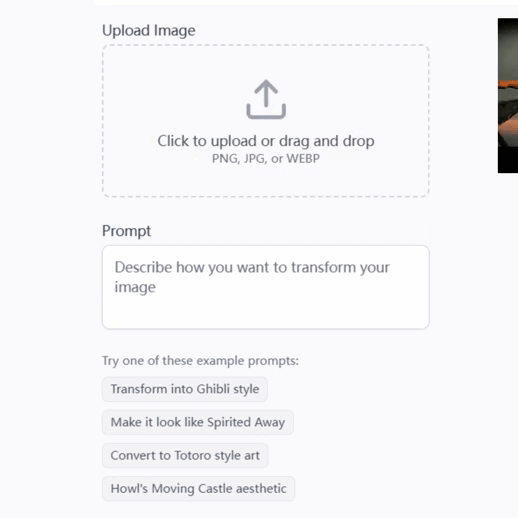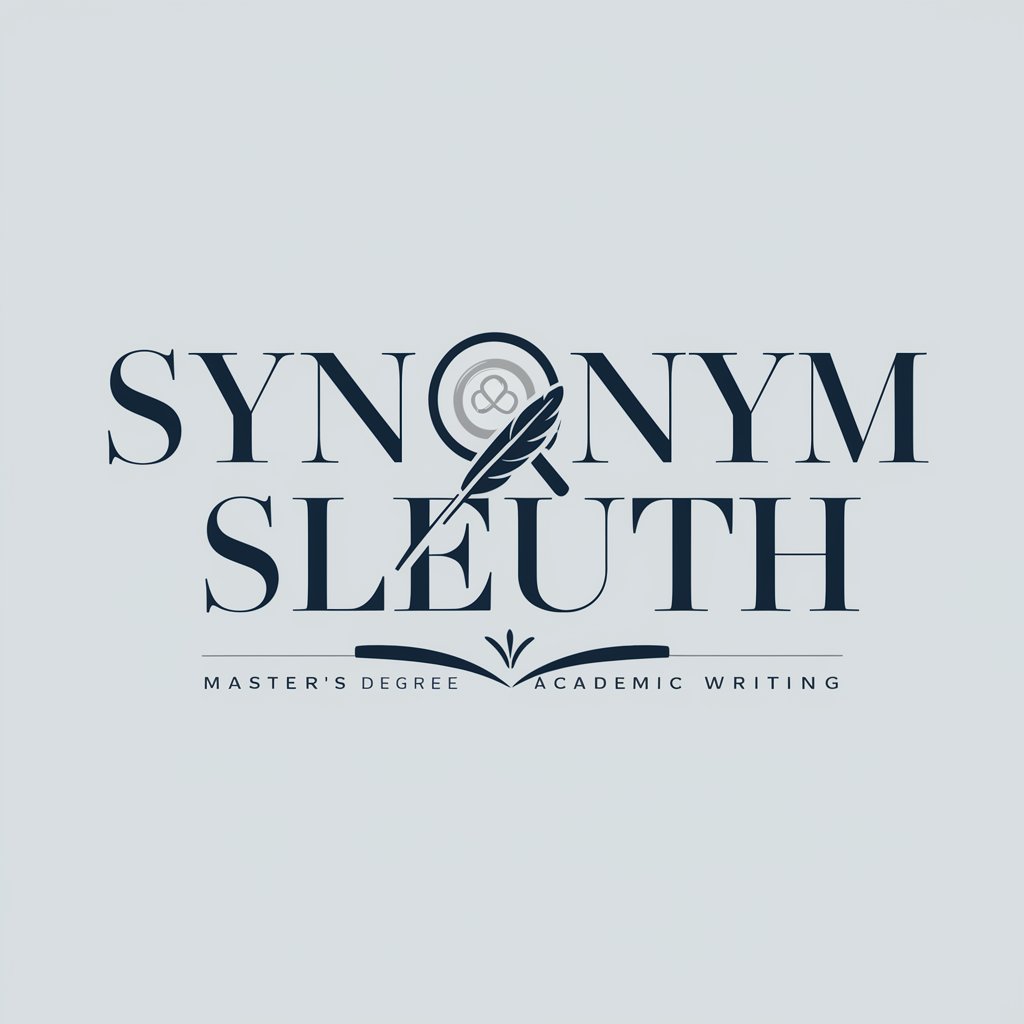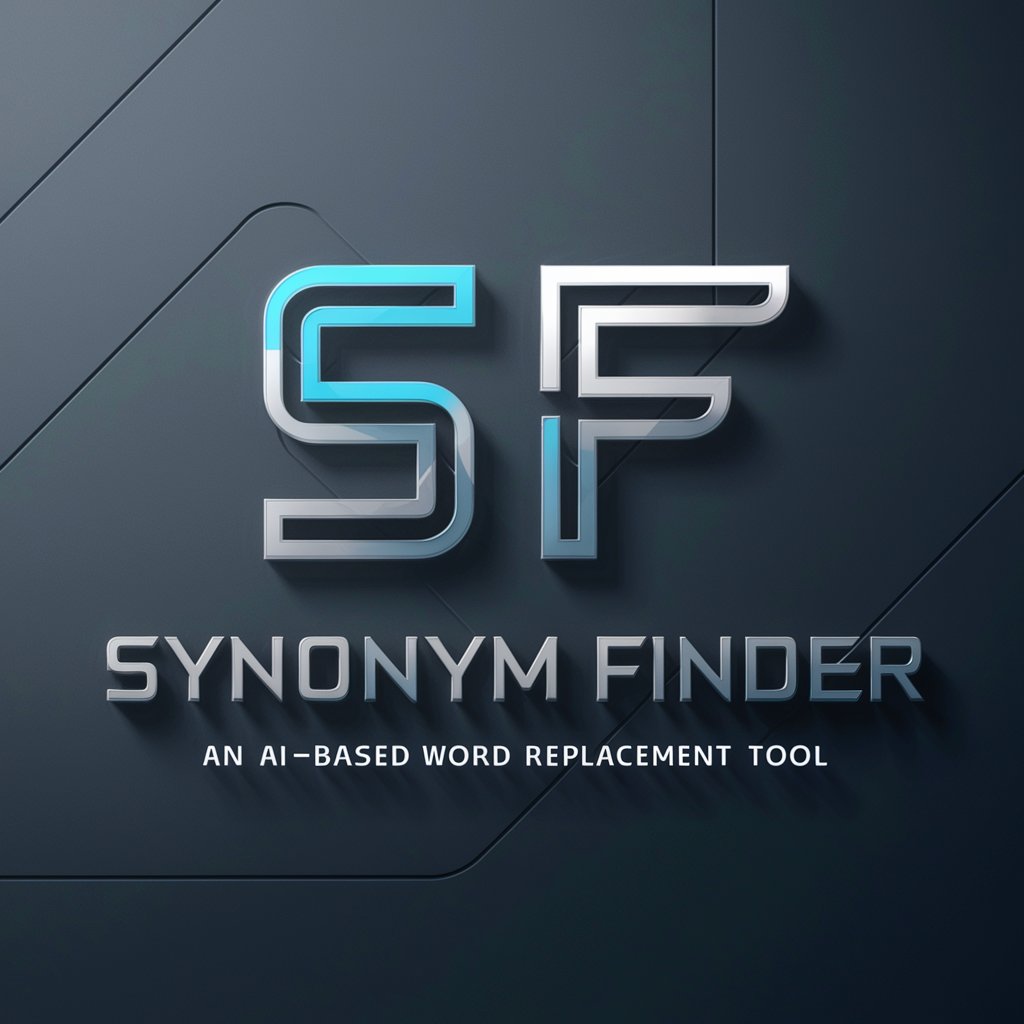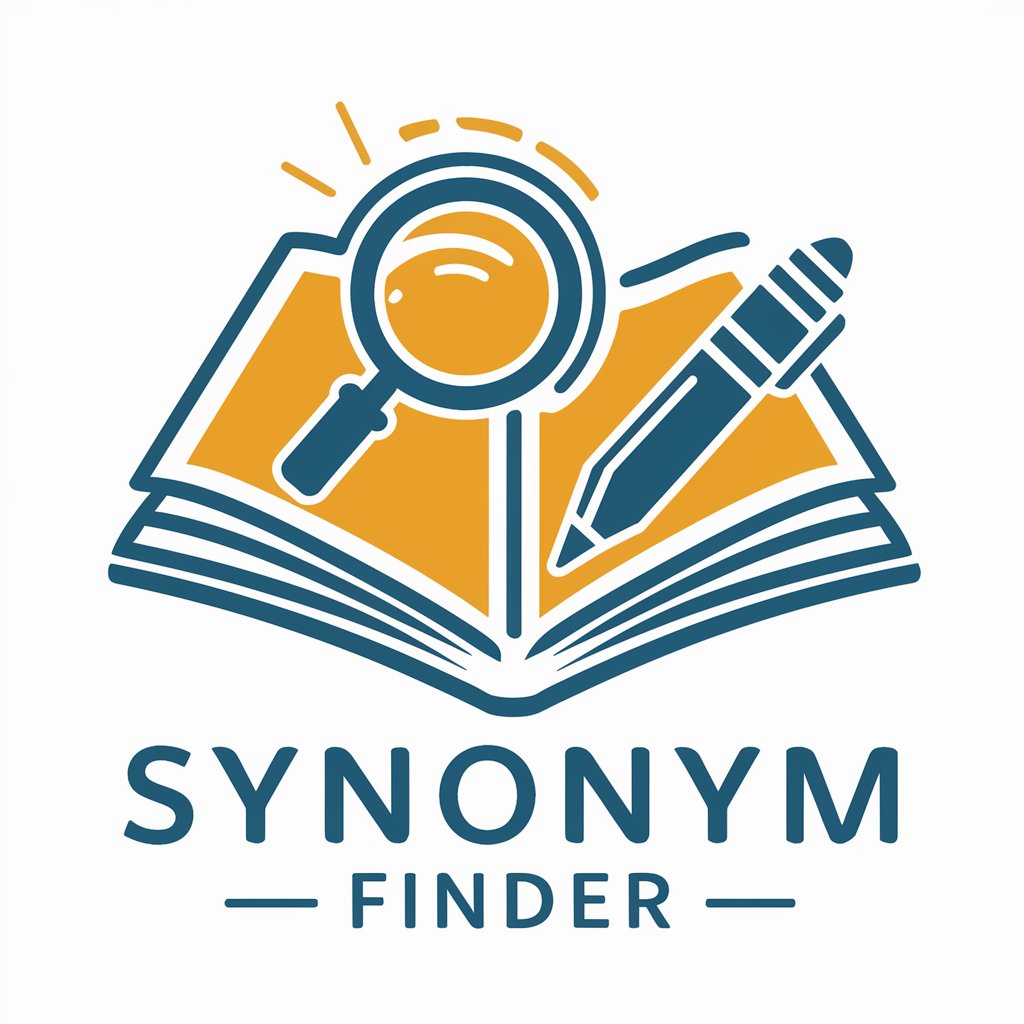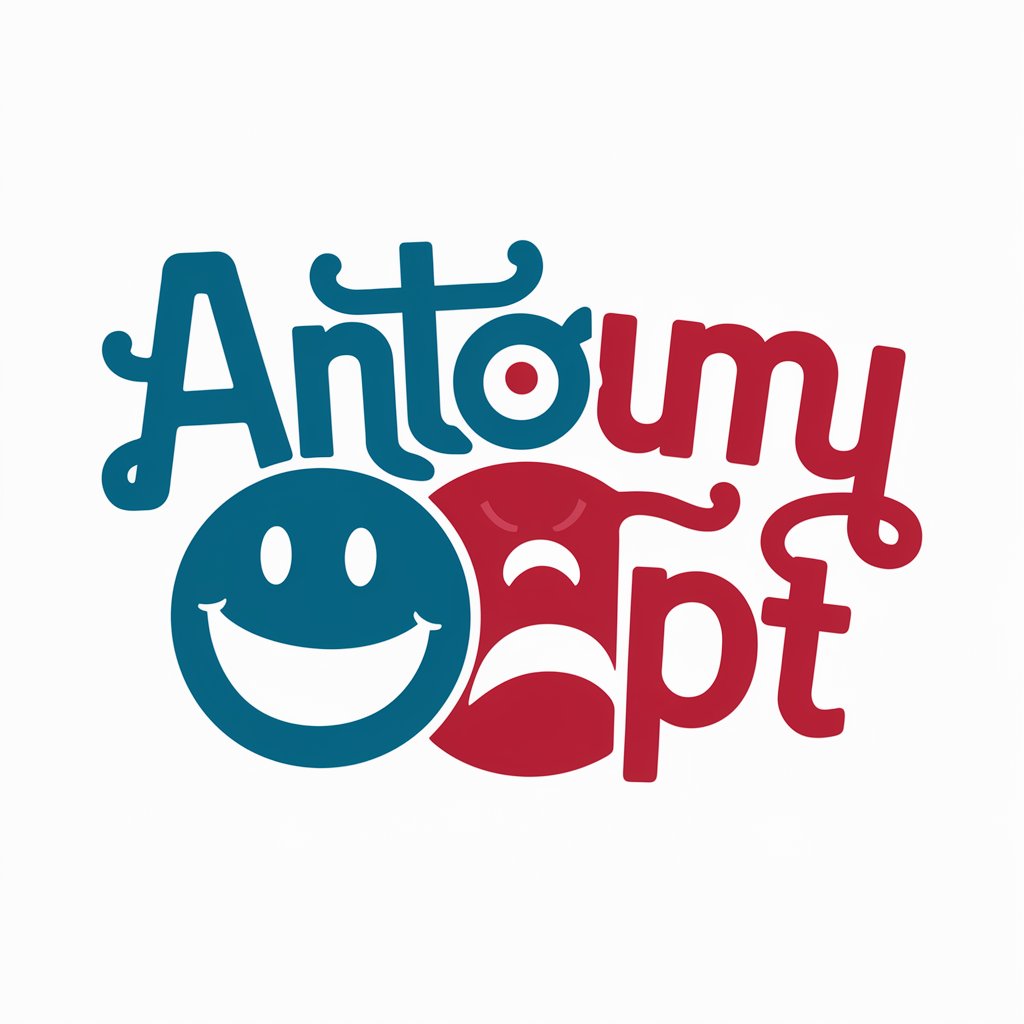
Antonyms Finder - Antonym Search Tool
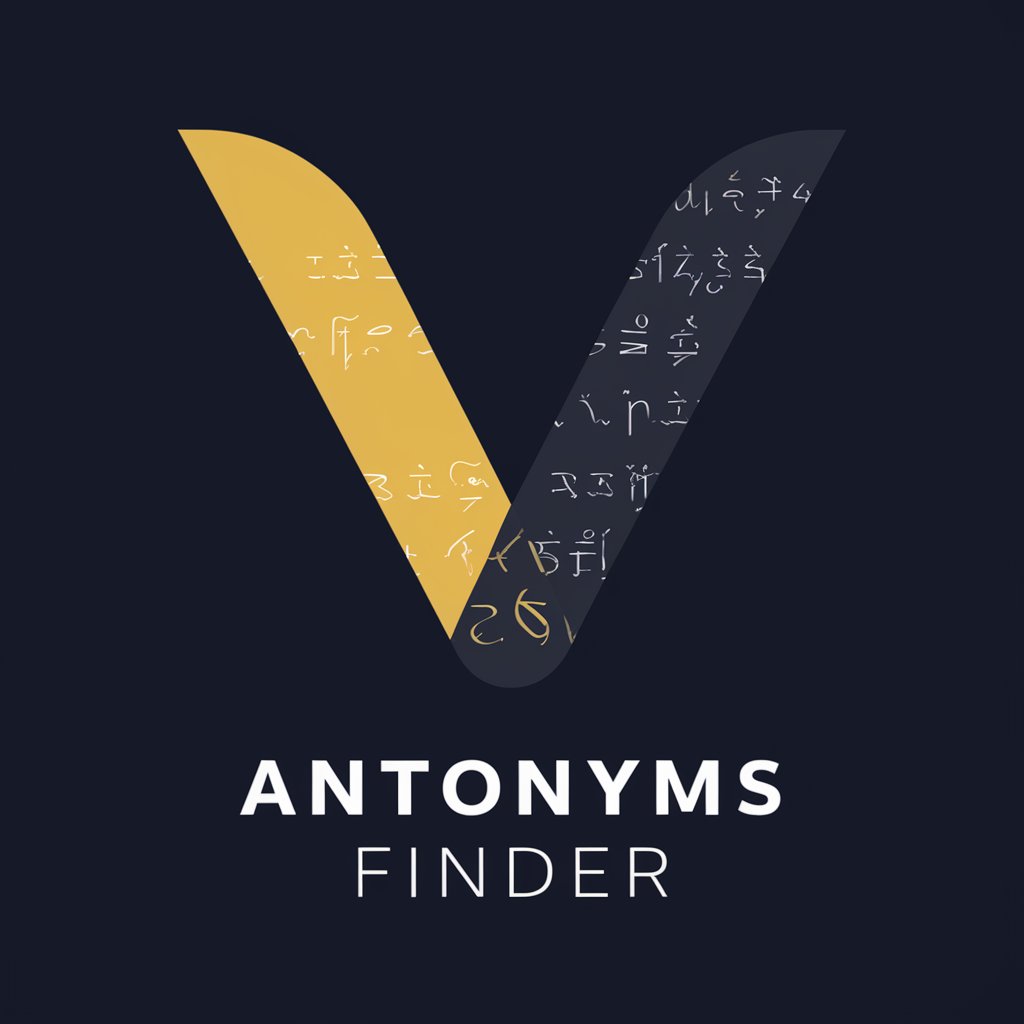
Hello! I provide antonyms for any word in any language.
Discover Opposite Words, Powered by AI
Find the antonym for the word 'happy' in Spanish.
What is the opposite of 'strong' in French?
Give me the antonym of 'fast' in German.
Can you provide the opposite of 'hot' in Mandarin?
Get Embed Code
Understanding Antonyms Finder
Antonyms Finder is designed to provide antonyms for any word in any language, focusing on relevance and common usage. The primary purpose is to assist users in expanding their vocabulary and enhancing their language understanding through the exploration of words and their opposites. This tool is particularly useful in scenarios where writers seek varied language to enhance their prose, students aim to deepen their language comprehension, or language learners endeavor to broaden their linguistic skills. For instance, if someone inputs the word 'happy', Antonyms Finder would suggest 'sad' or 'unhappy' as antonyms, emphasizing words that are most commonly used in contrast to 'happy'. Powered by ChatGPT-4o。

Core Functions of Antonyms Finder
Word Antonym Matching
Example
Input: 'strong', Output: 'weak'
Scenario
A writer working on a novel seeks to describe a character whose personality contrasts with another. By using the Antonyms Finder to explore opposing traits, the writer effectively crafts a diverse cast, enhancing narrative depth.
Multi-language Support
Example
Input: 'alegre' (Spanish), Output: 'triste'
Scenario
A Spanish language learner encounters the word 'alegre' in a lesson. By using Antonyms Finder, the learner discovers 'triste' as the antonym, thus gaining a fuller understanding of emotional vocabulary in Spanish.
Who Benefits from Antonyms Finder?
Writers and Authors
Writers seeking to diversify their language use and express ideas more vividly benefit from accessing a range of antonyms for more nuanced writing. The tool helps them find the exact opposite words to create strong contrasts in their narratives.
Students and Educators
Students learning new vocabulary and educators teaching language concepts find Antonyms Finder invaluable. It serves as an educational tool to explore complex vocabulary concepts and enhances the learning process by providing instant antonyms.
Language Learners
Non-native speakers expanding their vocabulary in a new language use Antonyms Finder to understand words through their opposites, aiding in quicker and deeper language acquisition.

How to Use Antonyms Finder
Start the Free Trial
Access the tool by visiting yeschat.ai, where you can start using Antonyms Finder without any need to log in or subscribe to ChatGPT Plus.
Enter Your Word
Type the word for which you need antonyms into the search field provided on the tool's interface.
Select Language
Choose the language of the input word to ensure the antonyms provided are accurate and relevant.
Receive Antonyms
Submit your query and the tool will display a list of antonyms, ordered by relevance and common usage.
Utilize Tips
For optimal results, use simple or single words as inputs and check the language setting if the output seems off-target.
Try other advanced and practical GPTs
Translate Buddy
AI-powered, precise language translation
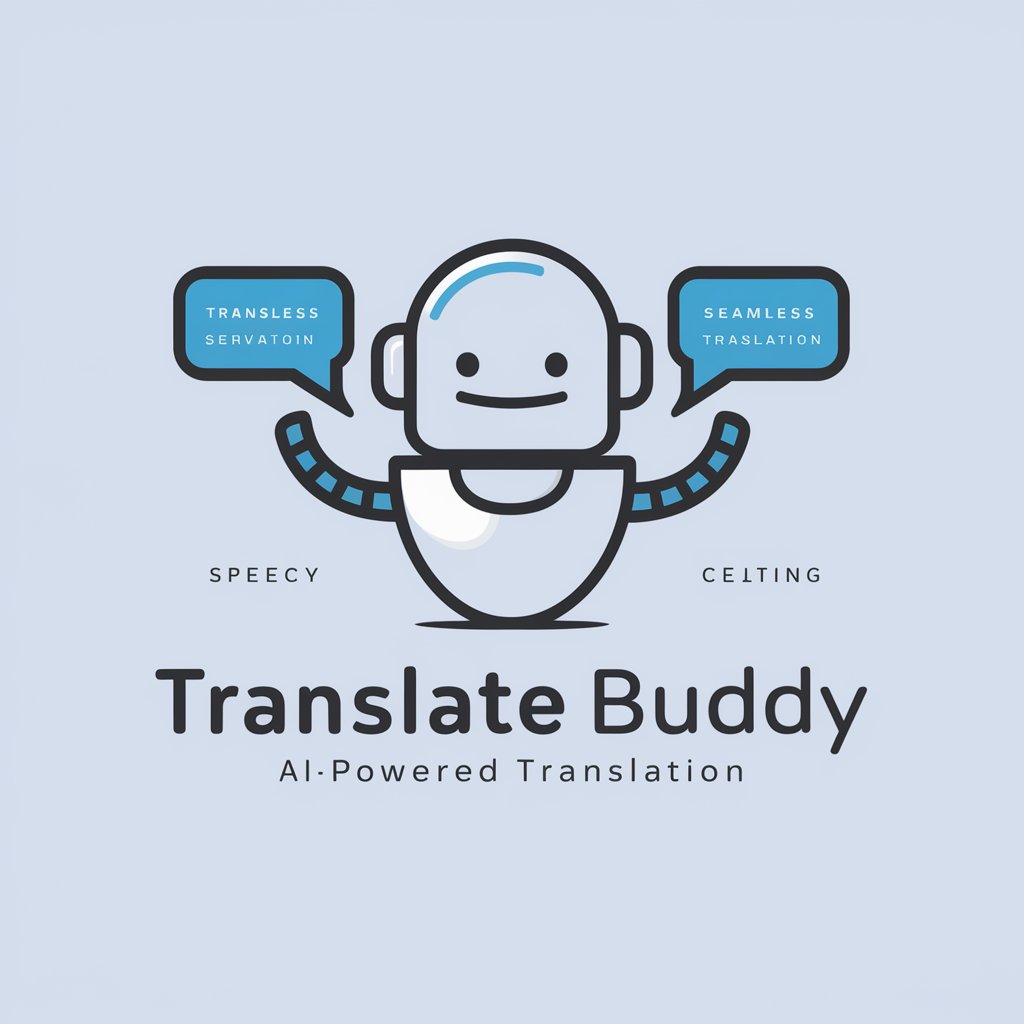
GPT Optimizer
Enhance AI with Precision

GPT Creation Assistant
Empower Your AI with Customized GPTs

SEO Webster
Empowering Your SEO with AI

WEBSTER
Empower Your Web Presence with AI

Autofocused Beats Mentor
Empowering your music with AI

Wittis Web Designer Assistant
Design Smarter, Not Harder with AI

ShapeUp30
Tailored Nutritional Guidance Powered by AI

Générateur de bandes dessinées américaines
Bring Stories to Life with AI

Aurora AI
Empowering Decisions with AI Insights

Adler GPT
Explore Adlerian Wisdom, AI-Powered

K Drama
Explore K-Dramas with AI Insight

Frequently Asked Questions about Antonyms Finder
What is Antonyms Finder?
Antonyms Finder is a specialized tool designed to provide antonyms for any given word across multiple languages, prioritizing relevance and common usage.
Can Antonyms Finder help with non-English words?
Yes, the tool supports multiple languages, allowing users to find antonyms for words in various languages by selecting the appropriate language option.
Is there a limit to how many antonyms I can search for?
There is no limit to the number of searches you can perform. You can search for antonyms as often as needed.
How accurate are the antonyms provided by Antonyms Finder?
The tool uses advanced algorithms to ensure that the antonyms provided are the most relevant and commonly used, making it highly accurate.
Can I use Antonyms Finder for academic writing?
Absolutely, Antonyms Finder is an excellent resource for students and academics looking to enrich their vocabulary and vary their language in scholarly writing.
